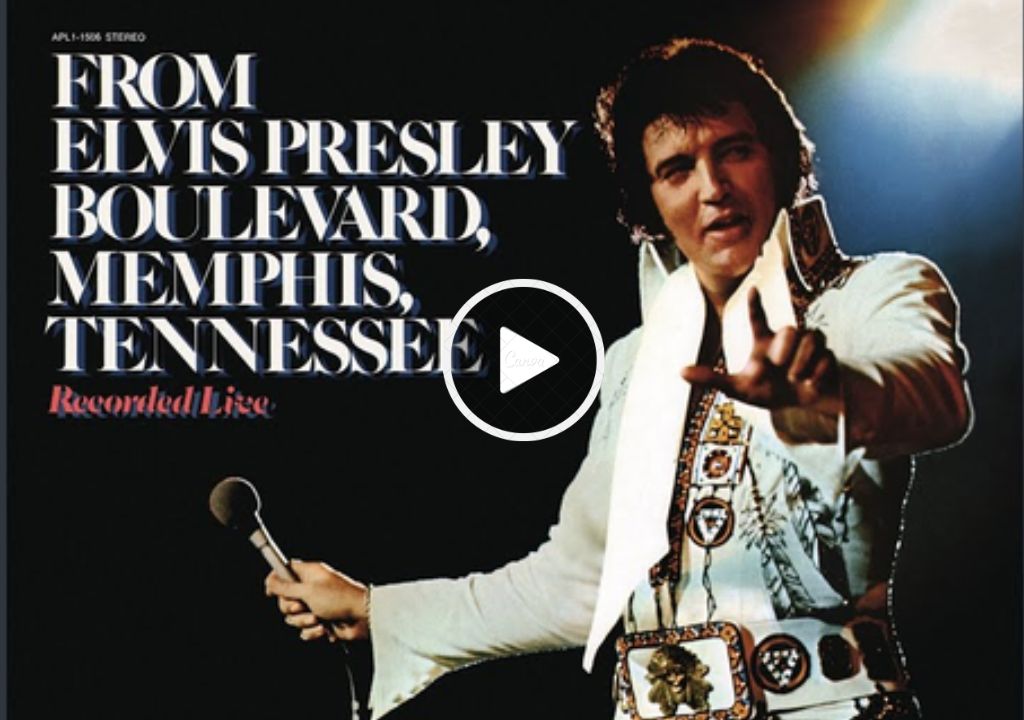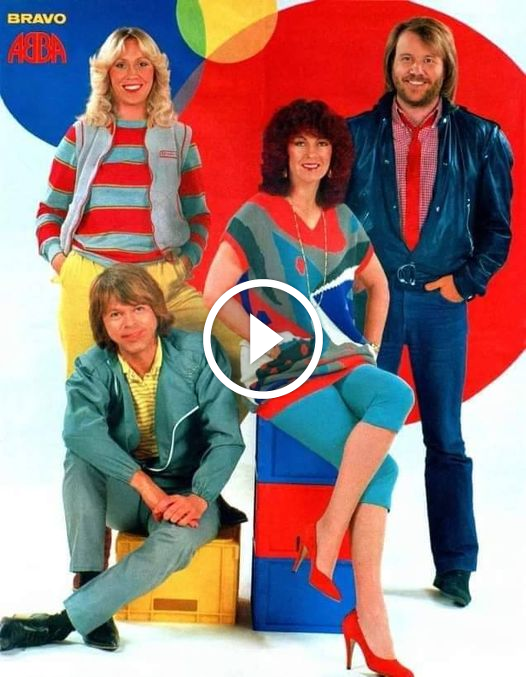Introduction:
Composed by the songwriting duo of Billy Edd Wheeler and Jerry Chestnut, Never Again departs from the high-octane rock and roll of Presley’s earlier years. Instead, it embraces a more melancholic tone, reflecting on the aftermath of a failed relationship. The song was produced by Felton Jarvis, a longtime collaborator who understood Presley’s strengths and was willing to experiment with his sound.
Never Again is a masterclass in emotional restraint. The gentle strum of an acoustic guitar sets the mood, while Presley’s iconic voice delivers the lyrics with a quiet desperation. There’s no swagger, no theatrics, just a raw honesty that lays bare the pain of heartbreak. The backing vocals, provided by the legendary J.D. Sumner & The Stamps and Kathy Westmoreland & Myrna Smith, add a layer of gospel-tinged solace, hinting at a glimmer of hope amidst the emotional turmoil.
The lyrics themselves are a poignant exploration of lost love. Lines like “Now the memories come a-floodin’ back / Like a river in the rain” paint a vivid picture of the protagonist’s struggle to move on. The chorus, with its repeated plea of “Never again, never again” is a desperate attempt to convince himself, and perhaps the lost lover, that he won’t let himself be hurt like this again.
Never Again may not have reached the dizzying heights of Presley’s chart-topping hits, but its enduring power lies in its emotional honesty. It allows us to see the King not just as a charismatic performer, but as a vulnerable human being wrestling with the same emotions we all experience – heartbreak, regret, and the yearning for love. The song resonates with anyone who has ever loved and lost, offering a bittersweet comfort in the universality of shared experience.
Despite its lesser-known status, Never Again holds a special place in the hearts of dedicated Elvis fans. It’s a testament to his versatility as an artist, showcasing his ability to deliver a powerful vocal performance even within a more subdued setting. The song serves as a reminder that even the King of Rock and Roll wasn’t immune to the pangs of heartache, making him all the more relatable and endearing.

